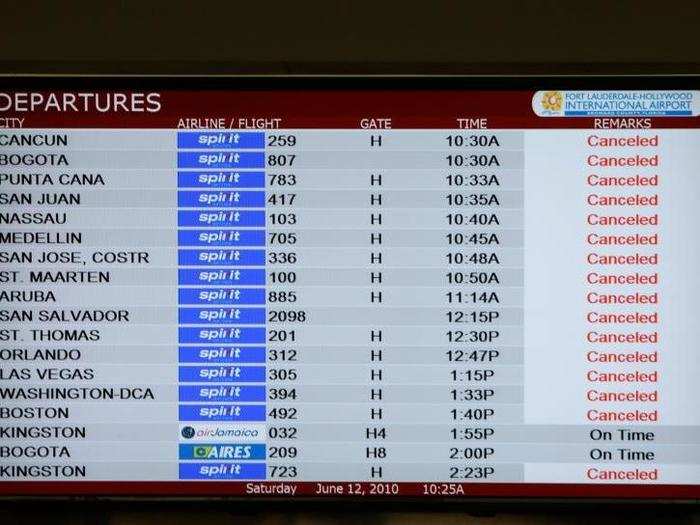
As much as robocalls as a practise may be reviled by phone customers, there are actually some robocalls that you might welcome and find useful. And those helpful robocalls are typically the legal kind.
According to the Federal Trade Commission (FTC), robocalls are legal as long as they comply within certain parameters, like delivering information about a cancelled flight, a doctor's appointment or prescription refill reminder, or if a school has a change in hours. Political robocalls informing you about candidates running for office, or robocalls for charities are also allowed.
To be sure, there are legal and legitimate robocalls regarding debt collection that aren't exactly welcome, but that's the equivalent of getting a notice in the mail.
But robocalls aren't allowed to be used to sell you something, unless the company making the robocalls has your written permission to accept robocalls.
And, obviously, robocalls designed to scam you out of your money or sensitive information are illegal.
Tyrrell told Business Insider that you're unlikely to get spam or illegal robocalls from "tier 1" services, which are compliant with the Federal Trade Commission's (FTC) laws and have terms and conditions in their contracts, as well as fraud teams to pick up on bad actors.

Some less legitimate services, or those that aren't so diligent in their compliance, "may turn a blind eye" to a robocalling scam campaign, Tyrrell said, at least until they get grief from the Federal Communications Commissions (FCC) or FTC.
Tyrrell told Business Insider that it's unlikely that search engines like Google Search can regulate which robocalling services turn up in their search results. So, if you want to find a service that will let you embark on a scamming campaign, you can find one.

So far, there's no way to stop bad robocalls. So telecom companies and government entities are finding ways to at least control them.
For one, carriers have recently made their robocalling detection services free of charge. Those services can actively show you if a call is potentially a scam, like the notification I got above when I received a possible scam call while writing this article. And it's companies like TNS and Metaswitch that power these scam robocall detection services.
And in May 2019, the Senate approved the "TRACED Act," which imposes stiffer penalties on bad robocallers, and is pushing carriers to implement technology dubbed "STIR/SHAKEN" by May 2020. This technology is designed to ensure that a call you're receiving is actually coming from the phone number you see on your phone's called ID. Thus, you'll trust your called ID again.
 Saudi Arabia wants China to help fund its struggling $500 billion Neom megaproject. Investors may not be too excited.
Saudi Arabia wants China to help fund its struggling $500 billion Neom megaproject. Investors may not be too excited. I spent $2,000 for 7 nights in a 179-square-foot room on one of the world's largest cruise ships. Take a look inside my cabin.
I spent $2,000 for 7 nights in a 179-square-foot room on one of the world's largest cruise ships. Take a look inside my cabin. One of the world's only 5-star airlines seems to be considering asking business-class passengers to bring their own cutlery
One of the world's only 5-star airlines seems to be considering asking business-class passengers to bring their own cutlery Experts warn of rising temperatures in Bengaluru as Phase 2 of Lok Sabha elections draws near
Experts warn of rising temperatures in Bengaluru as Phase 2 of Lok Sabha elections draws near
 Axis Bank posts net profit of ₹7,129 cr in March quarter
Axis Bank posts net profit of ₹7,129 cr in March quarter
 7 Best tourist places to visit in Rishikesh in 2024
7 Best tourist places to visit in Rishikesh in 2024

Copyright © 2024. Times Internet Limited. All rights reserved.For reprint rights. Times Syndication Service.